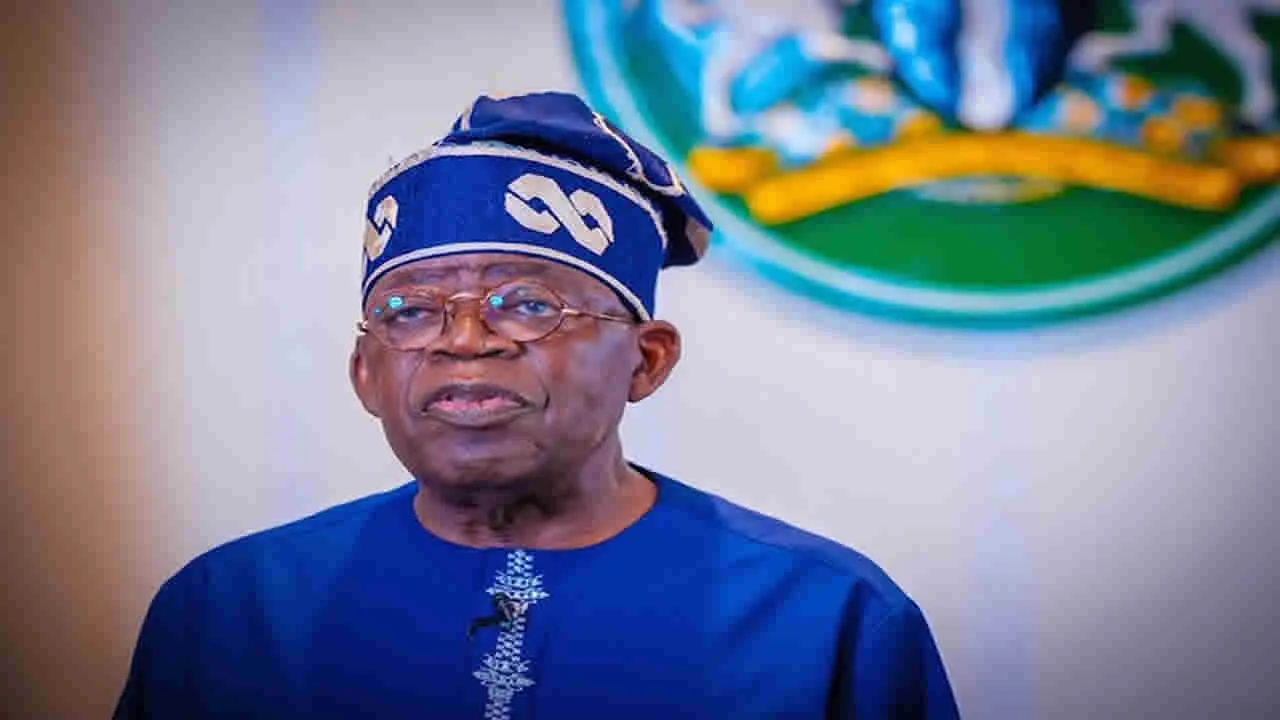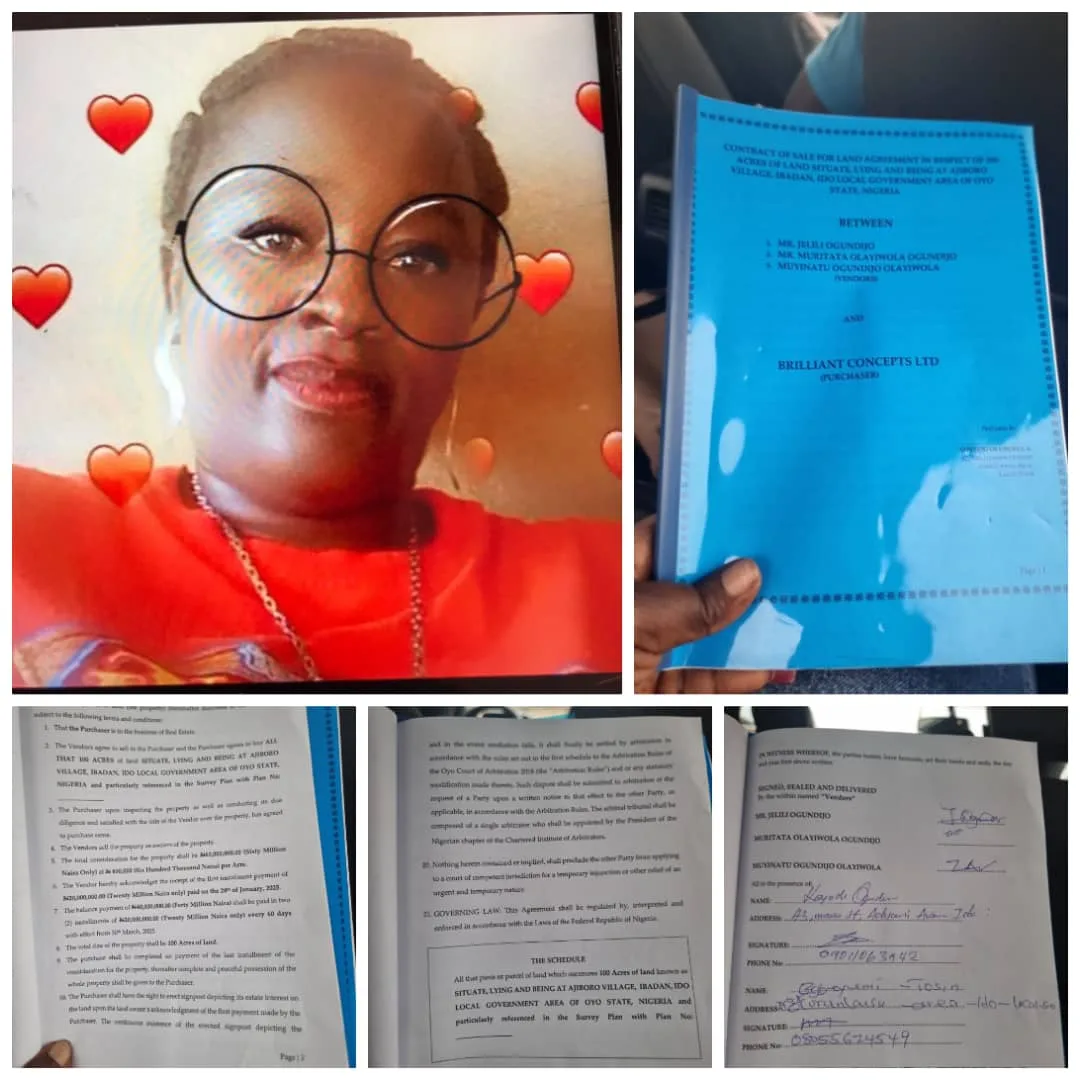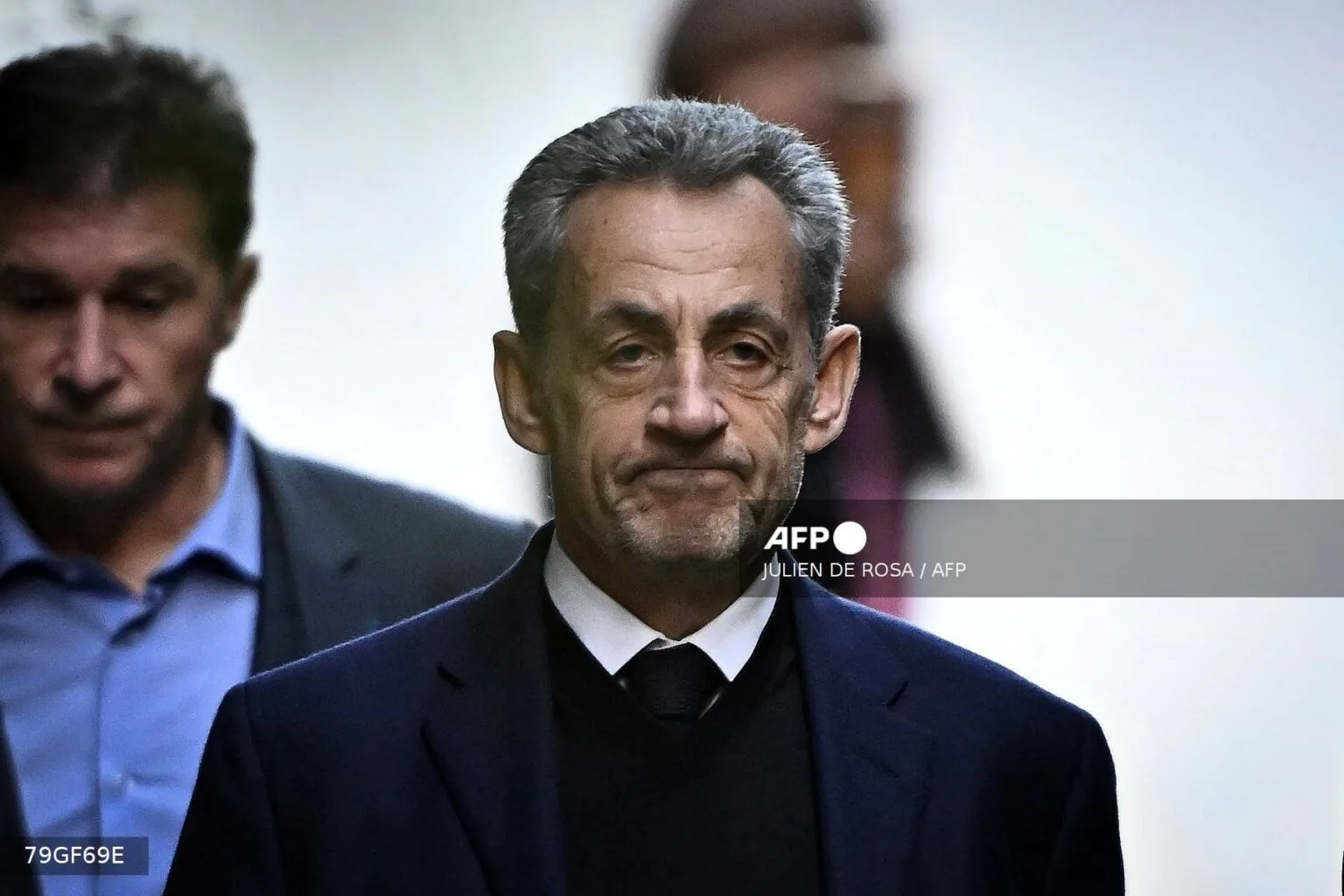President Bola Ahmed Tinubu has lauded the Economic and Financial Crimes Commission (EFCC) for its performance in the fight against corruption, revealing that the agency has secured over 7,000 convictions and recovered more than ₦500 billion in assets within the first two years of his administration.
Tinubu made the disclosure on Monday in Abuja during the opening of the 7th EFCC–NJI Capacity Building Workshop for Justices and Judges, represented by Vice President Kashim Shettima.
According to a statement by EFCC spokesperson Dele Oyewale, the President described the Commission’s achievements as a clear demonstration of his administration’s determination to strengthen anti-graft institutions and ensure accountability at all levels of governance.
“The EFCC, for example, has recorded over 7,000 convictions in the first two years of the present administration and recovered assets in excess of ₦500 billion,” Tinubu said.
“Recovered proceeds of crime have been ploughed back into the economy to fund critical social investment programmes, including the Students Loan and Consumer Credit schemes.”
‘Anti-Corruption Fight Must Be Collective’
Tinubu stressed that the war against corruption could only succeed through the collaboration of all arms of government. He noted that judges play a vital role in ensuring justice, fairness, and public confidence in the legal system.
“A Nigeria free of corruption is possible if we all commit to doing what is right in our respective spheres of influence,” he said. “A robust judicial system is central to the success of anti-corruption efforts, and I count on our judges.”
The President urged political leaders, lawmakers, and members of the judiciary to lead by example, warning that the anti-corruption campaign would lose credibility if public officials failed to uphold integrity.
“We cannot claim to have excelled in our pursuit of a transparent system if we do not live by such examples,” he said. “Courts and judges are strong pillars of the anti-corruption process. Your vantage position on the bench does not insulate you from the consequences of corruption.”
Tinubu added that corruption undermines national development and fuels insecurity, noting that every Nigerian has a stake in ending it.
“There are no special roads, hospitals, or communities for judges. We all face the same risks that arise from decades of willful theft and wastage of our nation’s resources,” he said.
EFCC Boss Laments Delays in High-Profile Cases
In his remarks, EFCC Chairman Ola Olukoyede raised concern over what he described as persistent delays and procedural setbacks in corruption cases involving politically exposed persons, warning that such delays have overshadowed the Commission’s successes.
“The milestones we have recorded in the past two years are almost overshadowed by public concern over the progress of high-profile cases in court,” he said. “Without mentioning specific cases and courts, there are matters filed by the Commission 15 or 20 years ago that appear in limbo.”
Olukoyede said many defendants exploit legal loopholes to stall trials, citing tactics such as sudden medical excuses and frivolous applications.
“When investigations are concluded, getting politically exposed persons to appear in court is a Herculean task. When they do, new antics emerge — from claims of ill health to technical adjournments,” he stated.
The EFCC chairman condemned what he termed the “weaponisation of legal procedure,” saying it weakens public trust in the judiciary and emboldens corruption.
“Prioritising procedural technicalities at the expense of justice undermines public confidence in the fight against corruption. When cases drag on, witnesses forget details or die, and corruption becomes the only victor,” he warned.
‘Some Judges Obstruct EFCC Investigations’
Olukoyede also criticised the actions of some state high court judges, accusing them of issuing orders beyond their jurisdiction to block EFCC investigations.
“The Commission is disturbed by the trend in which some judges issue orders to obstruct our investigations into money laundering cases, even though such matters are clearly outside their purview,” he said. “Most of these orders are granted ex parte, and even when we appeal, contempt rulings are issued against us.”
He further expressed worry over contradictory judgments from courts of coordinate jurisdiction and the conduct of senior lawyers who file multiple applications to frustrate corruption trials.
“These antics leave society with the suspicion that the courts and the prosecution are not keen about justice,” Olukoyede added.
The EFCC chairman called for stronger judicial collaboration, urging judges and justices to act with caution and integrity in handling corruption-related cases.
“The longer cases last in court, the more they slip off popular consciousness, and the image of the court as the temple of justice is eroded. We must act now to ensure that corruption does not win this war,” he concluded.





